
Squirrel wars
Gavin Howe explains how you can help native red squirrels by volunteering to control the destructive grey invaders.
Get information on the legal shooting season for mammals and birds in the UK.
Apply for funding for your project or make a donation today
Comprehensive information and advice from our specialist firearms team.
Everything you need to know about shotgun, rifle and airgun ammunition.
Find our up-to-date information, advice and links to government resources.
Everything you need to know on firearms law and licensing.
All the latest news and advice on general licences and how they affect you.
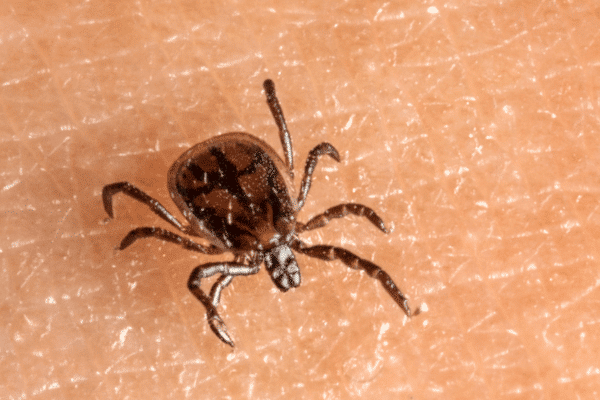
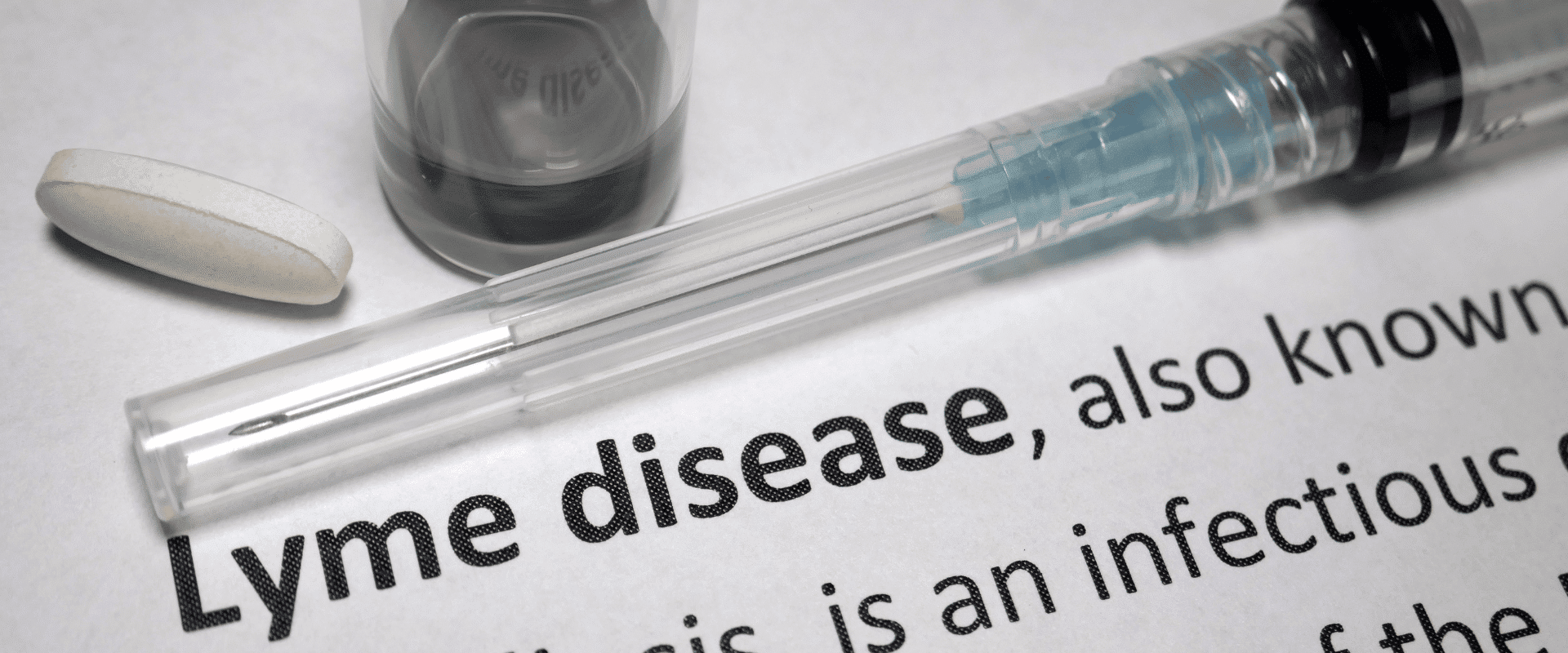
The unseasonably warm temperatures might be great for getting outside and enjoying the fresh air, but unfortunately it also means that ticks are still causing issues. Make sure you stay safe by following our helpful tips and advice.
We all know the risk of Lyme disease to our dogs but recent research has revealed that more than 1 in 7 people worldwide have suffered from the disease.
The study in the journal BMJ Global Health found that central Europe had the highest rate of infection with 20%, while men over the age of 50 living in rural areas were most at risk.
The disease is a bacterial infection caused by a spiral-shaped bacteria called Borrelia and is transmitted via an infected tick bite. It is estimated that 10% of ticks in the UK carry the disease but they also pose a range of other risks.
They also carry other infections such as Anaplasma and Babesia, while tick-borne encephalitis (TBE), a viral infection, has also now been found in a small number of ticks in the UK.
It’s rarely fatal but those who contract Lyme disease often get a rash and suffer flu-like symptoms including muscle and joint ache, headache, nausea, and vomiting – the big problem is that it’s not an infection that just lasts for a few days.
To help us all understand more about the disease deer stalker Andrew Profitt shared his experience of living with it for more than 35 years.
“Some days can be described with one simple sentence – “God, it’s bad today.” Living with Lyme disease is like living with a split personality. Sometimes you can live life to the fullest and you feel free. But at times, that other ‘you’ is in control of your brain and there is nothing you can do about it. Previously, I have not worked out why yet, I continuously felt like I was being tackled by Jonah Lomu.
“Now, through the help of my close friends and family, we have found a way to make living with Lyme disease and its cycles a bit easier. Without their support, I don’t think I could be the happy person I am today. It’s not just my issue, it is their issue too. Being able to talk about it makes a difference.”
The process of how ticks find their hosts is quite unique. Ticks can be found in wetter areas with longer grass, rushes, and reeds. However, pastureland and grass buffer strips are their favourite habitat as those are frequented by unsuspecting mammals.
When ready to find a host, they climb up grass stems and plants and position themselves as close to the edge as possible.
Ticks have four pairs of legs and make full use of them during this process. They hold onto the stem with the back legs and then wave their front legs out in front of them, this action is known as ‘questing’.
Their front legs are able to sense heat, moisture and movement and will reach out to grab any warm-blooded mammal that should brush past. The tick will catch on to the host and bury into the animal’s coat (or on human clothing) until it finds bare skin.
When the tick has embedded its mouth within the skin it will begin to feed. The tick’s saliva is complex; it has analgesic properties which suppress the immune system of the host, often keeping them unaware of the parasite feeding by suppressing pain and itchiness. The saliva also contains anti-coagulant agents which allow for continual feeding!
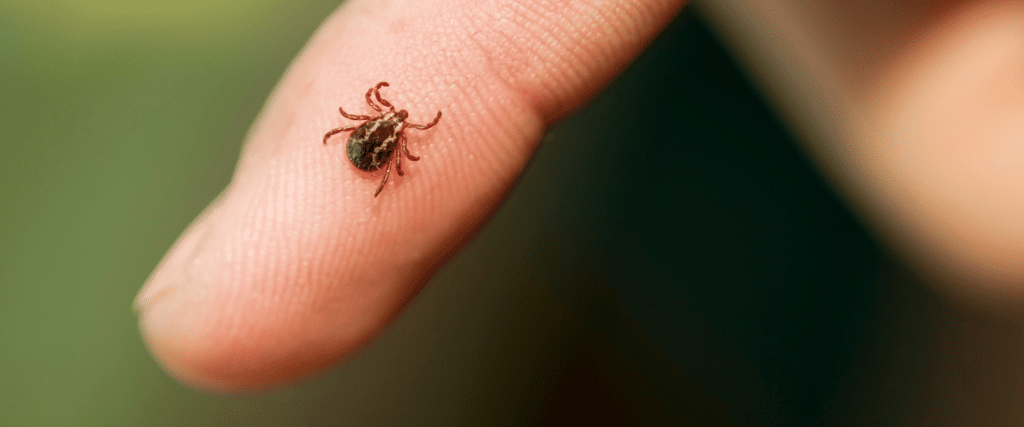
The peak times for tick bites are unsurprisingly in early summer and autumn as more of us venture out into grassy and woodland areas, which are home to the ticks, so how can you keep yourself safe?
Never pull off a tick with your fingers, normal tweezers or any other tool not designed for the job. It is very important not to smother a tick in oil, Vaseline or any other substance to try to remove it. This can stress the tick, which can then respond by regurgitating the contents of its stomach back into the host’s bloodstream.
Ticks should be removed using a tick remover or a pair of very fine-tipped tweezers making sure all parts of the tick are removed.
There is no minimum time a tick needs to be attached to pass on an infection, however, it should be removed as soon as possible.


Gavin Howe explains how you can help native red squirrels by volunteering to control the destructive grey invaders.
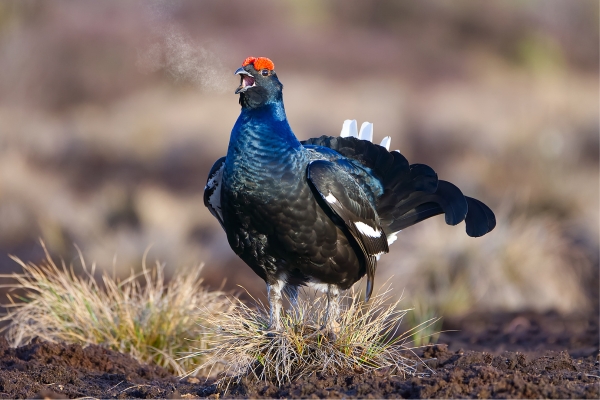
The BASC Wildlife Fund is supporting ground-breaking work to conserve black grouse. Fund trustee John Furbisher went to check on progress.
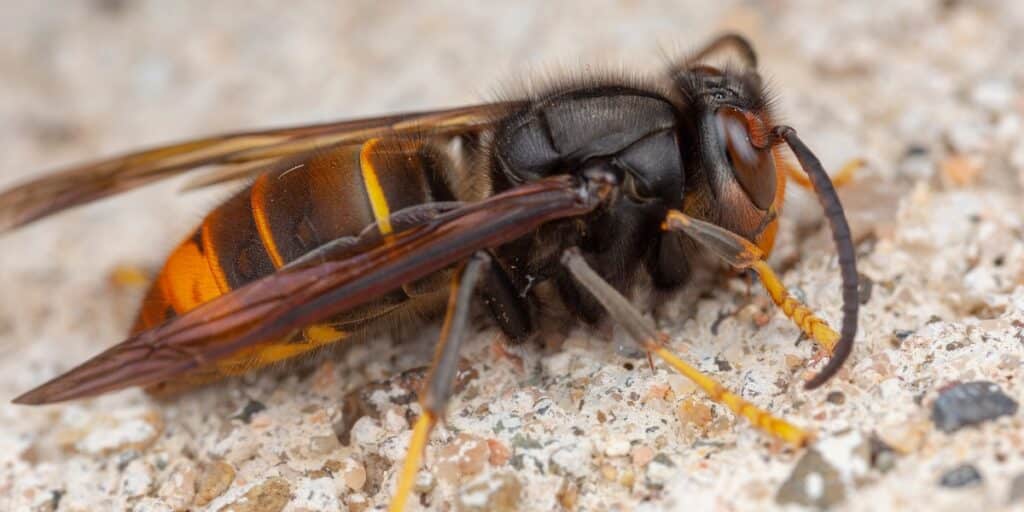
Shooters, who often spend time in remote areas, are ideally placed to keep watch and report any sightings of invasive Asian hornets.
Sign up to our weekly newsletter and get all the latest updates straight to your inbox.
© 2025 British Association for Shooting and Conservation. Registered Office: Marford Mill, Rossett, Wrexham, LL12 0HL – Registered Society No: 28488R. BASC is a trading name of the British Association for Shooting and Conservation Limited which is authorised and regulated by the Financial Conduct Authority (FCA) under firm reference number 311937.
BASC Direct Ltd is an Introducer Appointed Representative of Agria Pet Insurance Ltd who administer the insurance and is authorised and regulated by the Financial Conduct Authority, Financial Services Register Number 496160. Agria Pet Insurance is registered and incorporated in England and Wales with registered number 04258783. Registered office: First Floor, Blue Leanie, Walton Street, Aylesbury, Buckinghamshire, HP21 7QW. Agria insurance policies are underwritten by Agria Försäkring.
If you have any questions or complaints about your BASC membership insurance cover, please email us. More information about resolving complaints can be found on the FCA website or on the EU ODR platform.